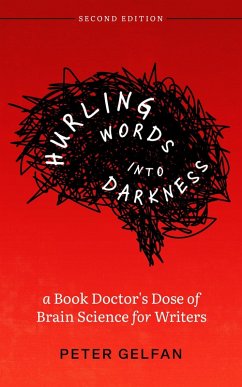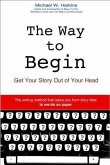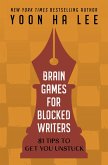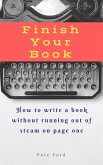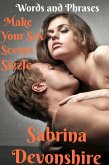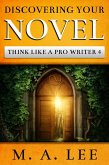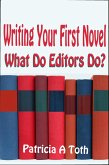Can learning how our minds work make you a better writer? For thousands of years, writers in all media have been taught theories and rules about writing based on tradition, philosophy, esthetics, poetics, scholarship, mysticism, whim, pet peeves, and arbitrary dictates. Often they've been told how and what to write according to subjective preference rather than universal appeal, leaving them lost in a sea of conflicting advice. Meanwhile, over the past few decades, cognitive science has discovered much about how the human mind sees the world and extracts meaning from it, giving us a better understanding of the role stories and storytelling play in human survival, growth, and evolution. Yet these discoveries have often remained cloistered in the realm of science, out of sight to writers and artists. In Hurling Words into Darkness, veteran editor, novelist, screenwriter, and teacher Peter Gelfan uses these discoveries to connect previously undiscovered dots between authors' misconceptions and readers' expectations. This short but powerful book provides unique and actionable insights for all writers, whether beginners or pros, who are interested in creating a more engaging and effective reading experience. You'll learn to: • Create memorable characters by treating them as real people • Turn an intriguing premise into a page-turning plot • Use subtext to add depth and complexity • Choose the best POV and person for your story • Balance dialogue and narrative effectively • Discover which of your writing habits work against you • And much more! "A fascinating dive into what authors should know about the brain science of how and why we read." - BookLife Reviews "...the author tackles the fundamentals of fiction in perhaps the most basic way anyone has dealt with them before.... In a crowded genre, this craft guide makes a lasting impression. An illuminating writing manual with an evolutionary focus." - Kirkus Reviews
Dieser Download kann aus rechtlichen Gründen nur mit Rechnungsadresse in A, B, CY, CZ, D, DK, EW, E, FIN, F, GR, H, IRL, I, LT, L, LR, M, NL, PL, P, R, S, SLO, SK ausgeliefert werden.

